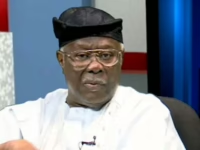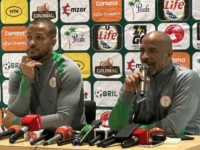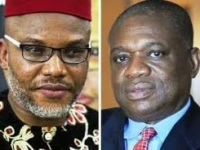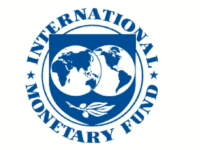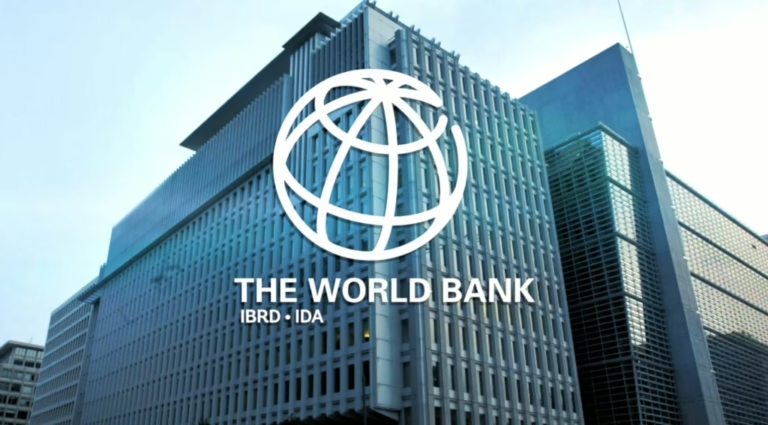Peter Obi, the Labour Party’s presidential hopeful for 2023, highlighted a troubling insight from a recent World Bank report, revealing that over 50 million Nigerians have been pushed into poverty during just two years under the All Progressives Congress (APC) administration.
Expressing deep concern over this development, Obi attributed the surge in poverty to the policies and governance approach of the current APC-led government.
Sharing his thoughts on his X account yesterday, Obi responded to the World Bank’s October 8, 2025 report, which indicated that the number of Nigerians living in poverty has escalated to 139 million.
This figure marks a sharp rise from the 87 million Nigerians recorded as impoverished in 2023, coinciding with President Tinubu’s inauguration.
“This data reveals that within a span of two years under APC’s leadership, more than 50 million Nigerians have fallen below the poverty threshold,” Obi stated.
He described this as a distressing indicator of the nation’s failure to safeguard the welfare of its citizens.
“What is even more troubling is the absence of a nationwide urgent response or meaningful dialogue aimed at lifting millions out of poverty. Instead, the government has chosen to dismiss these findings, despite the fact that they mirror the harsh realities faced daily by ordinary Nigerians,” he added.
Obi further pointed out that the World Bank’s report underscores a paradox: despite numerous touted reforms, poverty continues to deepen, cementing Nigeria’s status as the country with the highest poverty levels globally.
“The failure of these reforms stems from a lack of coherent strategy and insufficient commitment to directing resources toward practical, growth-oriented sectors that directly benefit the populace,” he explained.
“Effective reforms must be intentional and accompanied by people-centered policies that emphasize production rather than mere consumption. This includes empowering small enterprises and farmers, investing robustly in education and healthcare, and ensuring government expenditures translate into tangible poverty reduction,” Obi emphasized.
He concluded by asserting that no country can achieve true progress while the majority of its population remains impoverished.
“With visionary leadership, Nigeria can be transformed to serve the interests of all its citizens,” he affirmed.





